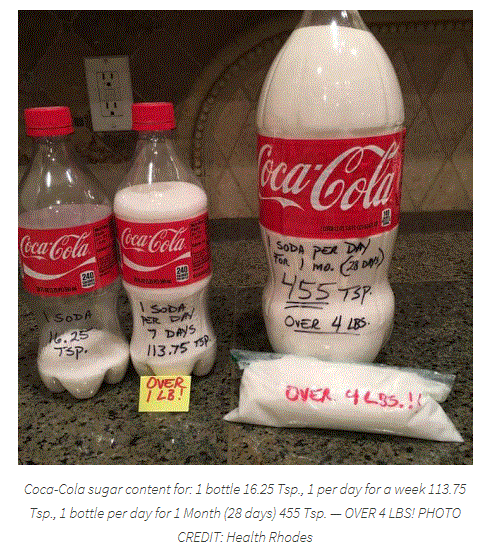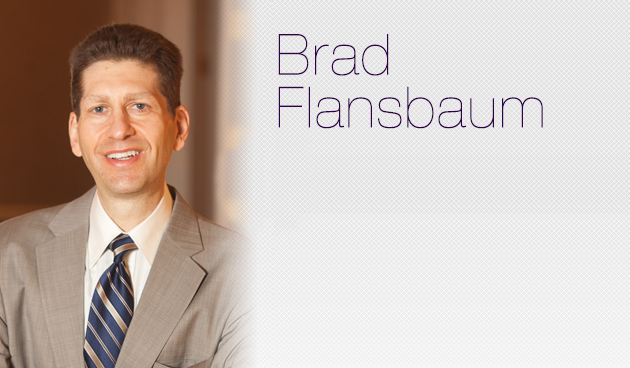My bugaboo on the nutrition front has been and will always be, sugar-sweetened beverages (SSB), aka, liquid candy (or death). The causes for widespread use are many: sugar subsidies, marketing, social mores (think soda in baby bottles or at nightly meals within certain groups), and education. The only proven strategy to reduce consumption, not just in select cities here, but internationally, is taxes. Whether taxes on SSBs shift purchasers to other equally unhealthy foods or sends them to the adjacent (non-taxed) state or county for bulk buying is a longer-term (ongoing) endeavor. Nonetheless, it’s the best we got now.
With that in mind, see the heat map below studying 2010 international liquid sugar intake. Just for kicks, see where the US (or your country of origin) sits. Mexico and Central America are outliers with the US not far behind. Also, note European consumption—with an intake <50% of ours. If you want to see how corporate giants play the game, incidentally, read these excellent stories reported from Mexico or India–both from the same NYT series. It will boil your blood.
What to do?
Nurses, PCPs, and yes, even hospitalists have little time–and nutrition counseling is a 15-30 minute undertaking. If I have to focus on one thing, though, its all about SSBs in my book.
In fact, if you see the pic below the map, and maybe you have come across something similar, you will get an idea of how to make a clever point super quick. If you try and hammer home calorie limits, you will likely fail as many patients have no context or grasp on how to judge how to track them. But showing them a mound of white powder? That they get–and how, and several dentists have these types of filled bottles on their reception counters. It’s a skillful play in visual doing what words could never do.





SSBs are often the lowest hanging fruit when it comes to positive diet changes, I think this is a great idea. Don’t forget that Registered Dietitians are here for a reason, we often have longer to spend doing nutrition counseling with patients and I think we are often underutilized. 🙂